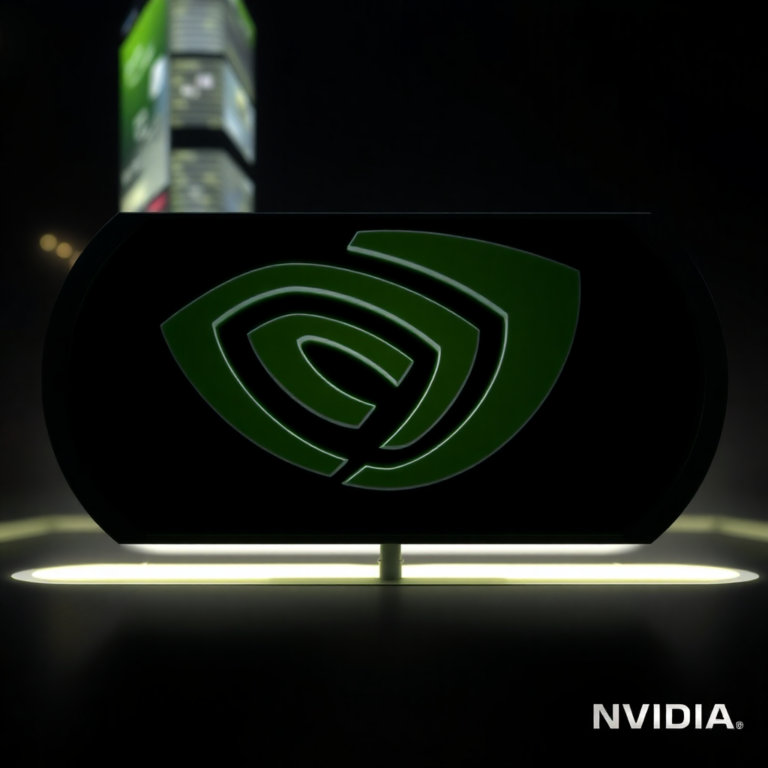In this article, we delve into CD Projekt’s reflections on the highly anticipated launch of their game, Cyberpunk 2077. Despite initial excitement, the game faced significant backlash. CD Projekt acknowledges the challenges and discusses how it became fashionable for many to express their discontent. Join us as we explore the lessons learned from this experience and the steps taken by CD Projekt to address the issues.
In the fast-paced world of gaming, few titles have generated as much anticipation and hype as Cyberpunk 2077. Developed by CD Projekt, the creators of the critically acclaimed Witcher series, Cyberpunk promised an immersive open-world experience set in a futuristic dystopia. However, the game’s launch was marred by numerous technical issues and gameplay shortcomings, resulting in a wave of criticism and disappointment from players and critics alike. In this article, we will delve into CD Projekt’s reflections on Cyberpunk’s launch and explore how it became cool to dislike the game.
CD Projekt, known for their commitment to delivering high-quality experiences, was undoubtedly taken aback by the backlash Cyberpunk received. In the months following the game’s release, the company embarked on a journey of self-reflection, acknowledging their missteps and the challenges they faced. One of the key factors that emerged from their analysis was the phenomenon of it becoming cool to dislike Cyberpunk.
The rise of social media and online communities has given individuals a platform to express their opinions and criticisms more freely than ever before. In the case of Cyberpunk, negative sentiments and memes quickly gained traction, creating an environment where expressing dissatisfaction with the game became trendy. CD Projekt observed that some players who had genuine concerns about the game’s performance or features were influenced by this trend, leading to an amplification of the discontent surrounding the launch.
This trend of “cool to dislike” affected not only the players but also the public perception of the game. It became fashionable to criticize Cyberpunk, often overshadowing the positive aspects of the game and the hard work put in by the development team. While CD Projekt acknowledged the valid criticisms and technical issues, they also highlighted the need for a balanced perspective and fair assessment of the game.
In response to the backlash, CD Projekt took swift action to address the issues and improve the game. They released a series of patches and updates aimed at fixing bugs, enhancing performance, and refining gameplay mechanics. Additionally, the company expressed their commitment to continue supporting the game in the long term, providing free DLCs and major expansions to expand the Cyberpunk experience.
The launch of Cyberpunk 2077 taught CD Projekt valuable lessons about managing expectations, communication, and the impact of online trends. They realized that the gaming community’s excitement and high expectations can sometimes contribute to the formation of unrealistic standards. As a result, CD Projekt has focused on setting realistic goals and communicating openly with their audience, ensuring transparency and managing expectations effectively for future projects.
In conclusion, CD Projekt’s reflections on the launch of Cyberpunk 2077 shed light on the phenomenon of it becoming cool to dislike the game. Despite the initial excitement and anticipation, the negative trend influenced many players, overshadowing the game’s positive aspects. CD Projekt has embraced this experience as an opportunity for growth, taking proactive measures to address the issues and communicate better with their audience. By learning from their mistakes, CD Projekt is determined to regain the trust and deliver exceptional experiences that live up to their reputation in the gaming industry.












